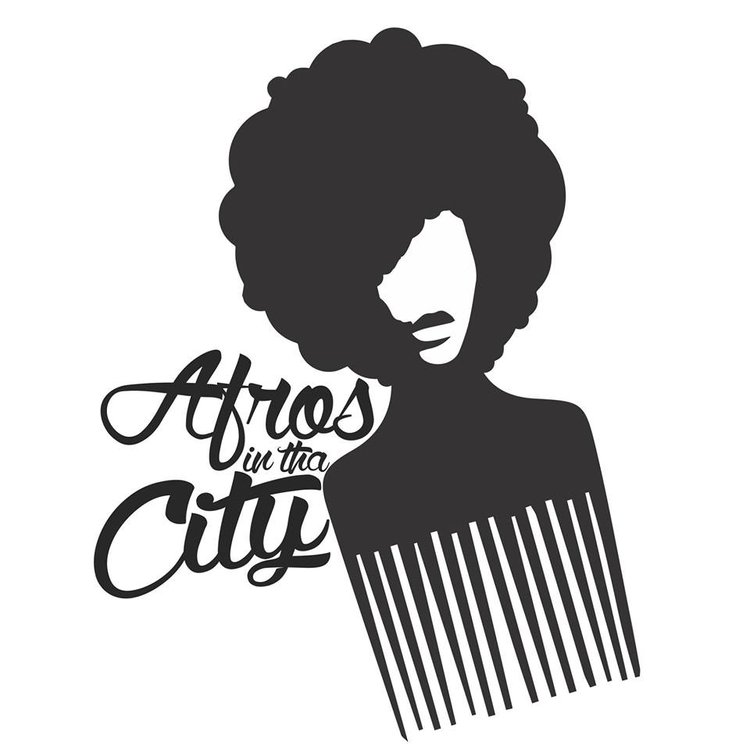Sarah Uwadiae is exploring mental health in Calgary’s African and Black immigrant communities, creating space for necessary conversations around help and healing.
Catharsis is a Telus STORYHIVE-funded two-part documentary that tackles the stigmatization of mental health support in many Black and African communities. Filmed in Mohkinstsis (Calgary), the documentary features participants who are safely processing racial trauma with a licensed counselor. Screening at a launch event on March 18, 2023, the film seeks to demystify therapy and encourage conversations about a path to healing. We sat down with Sarah to unpack Catharsis.
Responses have been edited for clarity and brevity.
This project looks at such a specific intersection –– the experience of African and Black immigrants in Calgary with regard to their mental health. What made you want to explore this area?
All the intersections are me… a big part of my storytelling has been me processing my shit.
I'm an immigrant myself. I moved here from Nigeria and for the longest time, I thought that I was the only one experiencing some of the things that I was experiencing. I felt really isolated and I didn't even have the vocabulary to describe a lot of my experiences. The reality is that immigrants are kind of thrust into the economic and systemic oppression that exists in North America, while people that are born here, their parents or guardians can kind of ease them in. But as an immigrant, you just start to experience these things. I was like, ‘wait, what is going on?’
And in the Black community, mental health and therapy is still so much of a taboo topic, and it’s to our own detriment.
What’s your take on why therapy is still taboo?
One reason is religion. I remember I had a phone call with my mom, and I was like, ‘I'm really worried about my future.’ I did not even finish my statement and my mom was like, ‘How can you be worried? Don't you know the God you serve?’ A lot of people experience that and in many cases, people don’t have the courage to say ‘yeah, I know. But I still kind of need to talk to someone that can help me navigate and process this traumatic thing that has happened, build healthy coping mechanisms, build a better way of handling life as an immigrant and life as a Black person in North America.’
And yeah, for this project, I just want to demystify therapy to Black people, because there's so many misconceptions of therapy. And of course there are very real obstacles to therapy like finances and finding culturally appropriate therapy, but for the most part, people are ignorant about the idea of therapy.
Let’s talk about the project!
For the film, I decided to go about it by creating a safe space for immigrants, specifically African immigrants, to come and process one racial trauma with a therapist that’s also Black…So it's almost like a reality show.
BTS on Catharsis set. Image provided by Sarah Uwadiae.
What was it like on set?
There were a lot of ethical hoops to jump through to make sure that [the participants] felt safe and that they knew what consent is.
Even though I was the creative producer and director, I was the least powerful person on set, because the participants, the people who were actually coming to process these things in front of a camera, the power needed to be in their hands. The fact that there's a camera there already adds a layer, and it's kind of like we’re peeking into someone's hidden consciousness. So the therapist that we worked with was so so instrumental in making sure that the participants knew that at any point in time they could stop the recording, they could stop the process, all the power was in their hands, just you know, to make them feel comfortable. Because trauma is very unpredictable, right? And we just had to make sure that ethically we were being accountable for their wellbeing. We also made sure that they were aware that even after filming it, they still could think about it and be like ‘you know what, I’m not comfortable,’ and we would scrap it and no longer release it.
BTS on Catharsis set. Image provided by Sarah Uwadiae.
It sounds like you really relinquished control over the story. Did you have any idea what the participants would be talking about? Or a rough idea of how you wanted things to play out?
I did not know anything…I didn't know what they were going to share, I did not know what traumatic or racial stories they needed to process, I just told them ‘this is what it is, is this something you're interested in doing?’ And they were like, ‘yeah!’
What impact do you hope the project will have?
I want people to leave the event feeling wholesome, feeling ready to have those conversations, feeling ready to hold themselves accountable and kind of look within and audit themselves and be like, ‘Yeah, I actually do need help and it's okay that I need help.’
I'd like people to know that help exists. There's affordable help, there’s accessible help, there's culturally appropriate help for people of color and Black and African people.
There's no shame in experiencing racial trauma. There's no victim blaming here. If something happened to you it happened to you, what are you gonna do about it? You can choose to heal.
Catch the Catharsis film screening Saturday, March 18, 2023. The event will take place at Festival Hall at 7pm. In addition to a screening of the two-part documentary, the event will include performances by local artists, a live band, a panel discussion, a red carpet, and representatives from the Alberta Black Therapists Network.
Tickets: https://www.eventbrite.com/e/catharsis-film-screening-tickets-479206648987


